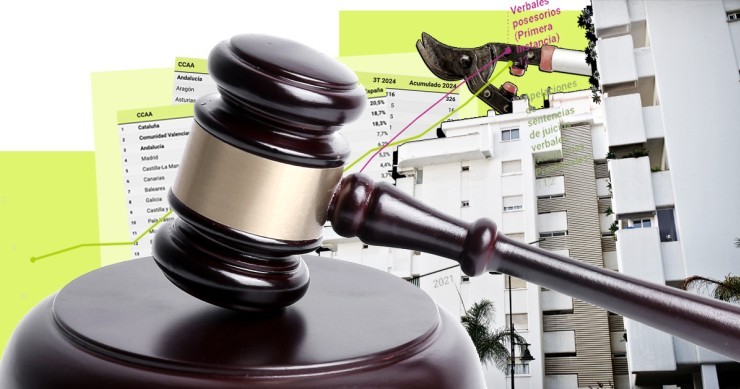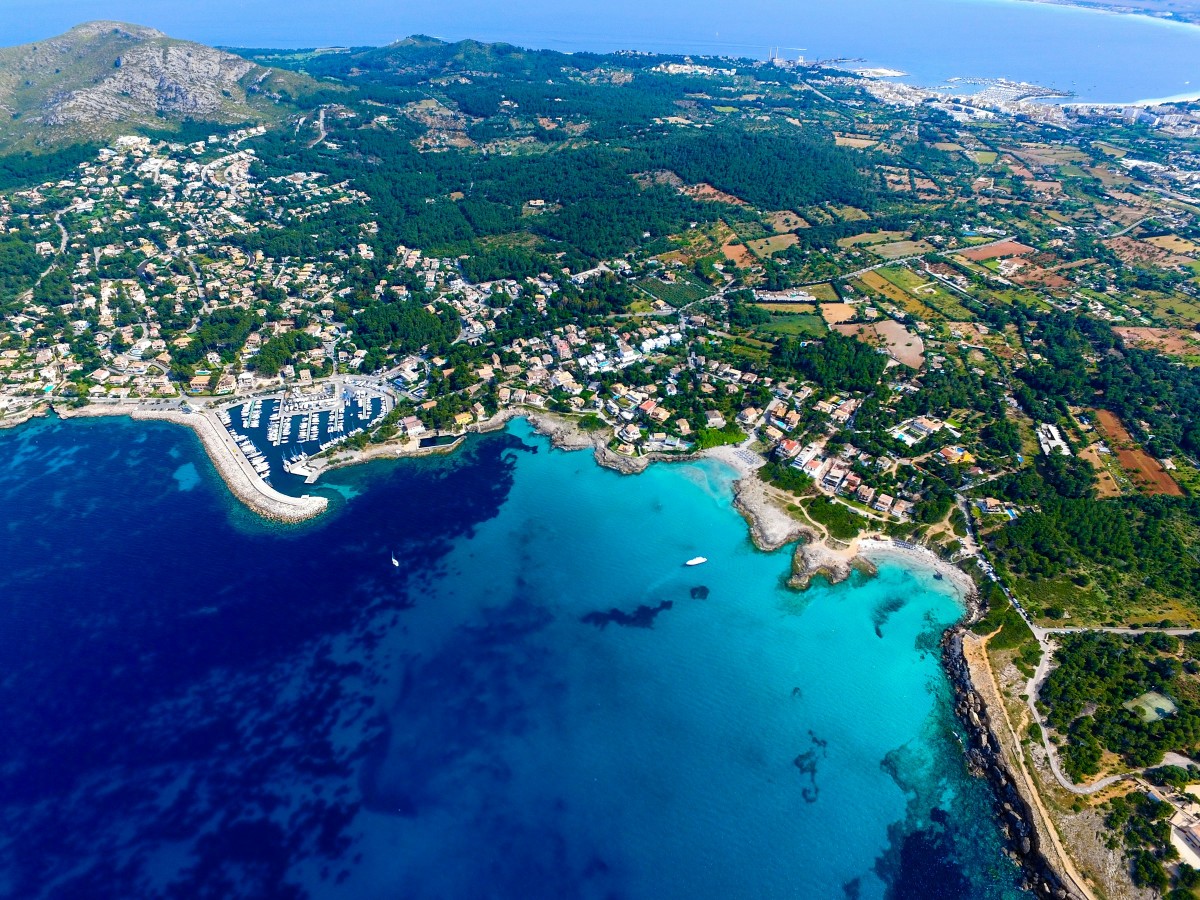
Alcúdia, a historic walled town in northern Mallorca, is a favourite destination for British holidaymakers, known for its picturesque old town, family-friendly beaches, and large resort complexes. However, a recent squatting incident at one of its major holiday resorts — Club Bellevue — has raised concerns among local authorities, hoteliers, and international tourists alike.
What happened at Club Bellevue?
During the winter off-season, particularly after the COVID-19 downturn, Neptuno II, one of the buildings within the vast Club Bellevue complex, became the target of mass squatting. Reports estimate that up to 150 individuals, including families with children and migrant workers, were occupying the premises by early 2025.
According to local sources, organised groups were allegedly charging between €300 and €1,500 for access to empty flats. This informal sub-letting created a parallel market of illegal occupation — and serious safety, sanitary, and reputational concerns.
The response from local authorities
The Alcúdia Town Council issued a formal ultimatum demanding that squatters vacate the premises by 24 February 2025. Support was offered to vulnerable families, particularly those with minors, including temporary accommodation and social assistance.
The owners of the complex, BlueBay Hotels & Resorts, hired a private firm, Guardians Control, to regain control of the building. Their security team sealed off entrances and monitored the site round-the-clock.
By the deadline, most squatters had left voluntarily, although one individual initially refused to leave, eventually exiting peacefully after negotiation. The Civil Guard was present during the operation to prevent violence or escalation.

Allegations and controversy
Despite efforts to carry out the eviction peacefully, some residents alleged aggressive tactics by the security contractors. One woman claimed she was "pushed and struck" during the clearance. The company denied any wrongdoing, insisting their staff acted within legal limits.
Following the eviction, access points were walled off, and the property was formally secured to prevent re-entry.
A blow to tourism
Perhaps most damaging was the publicity the incident attracted in Germany and the UK. A group of 46 German tourists cancelled their spring bookings, citing safety concerns. Local hoteliers worry this could be the beginning of a wider loss of trust in Mallorca’s northern coast as a safe and family-friendly destination.
Hotel industry demands stronger protections
The Federation of Hotels in Mallorca has since called for urgent legal reform to allow quicker evictions in cases of illegal squatting, particularly in tourist zones.
In their view, the current Spanish legal system is too slow and permissive, enabling squatters to occupy properties for months without serious consequence — even in commercial or holiday accommodation not intended for residential use.
Social and legal challenges
While the situation at Club Bellevue was resolved without major incident, it highlights a deeper tension between property rights and social welfare. Many of the squatters cited unaffordable rents and lack of stable employment as reasons for occupying the resort.
Local authorities now face the dual challenge of protecting tourism — Mallorca’s economic backbone — while ensuring vulnerable residents are not left without options.